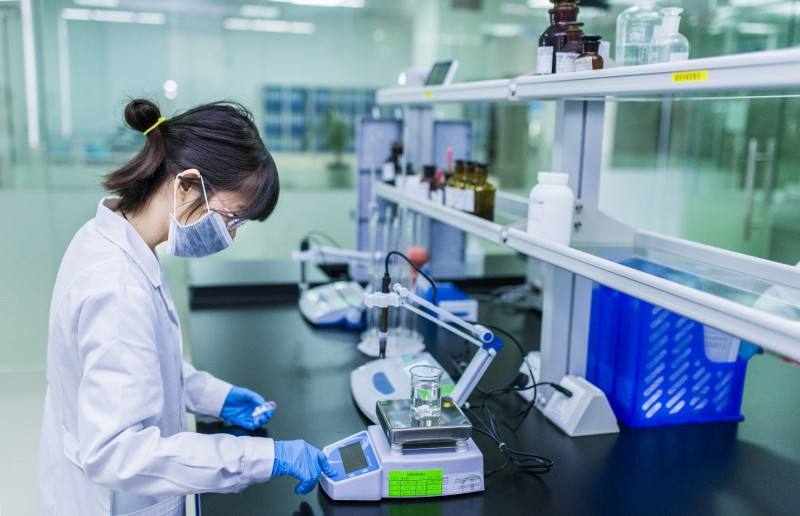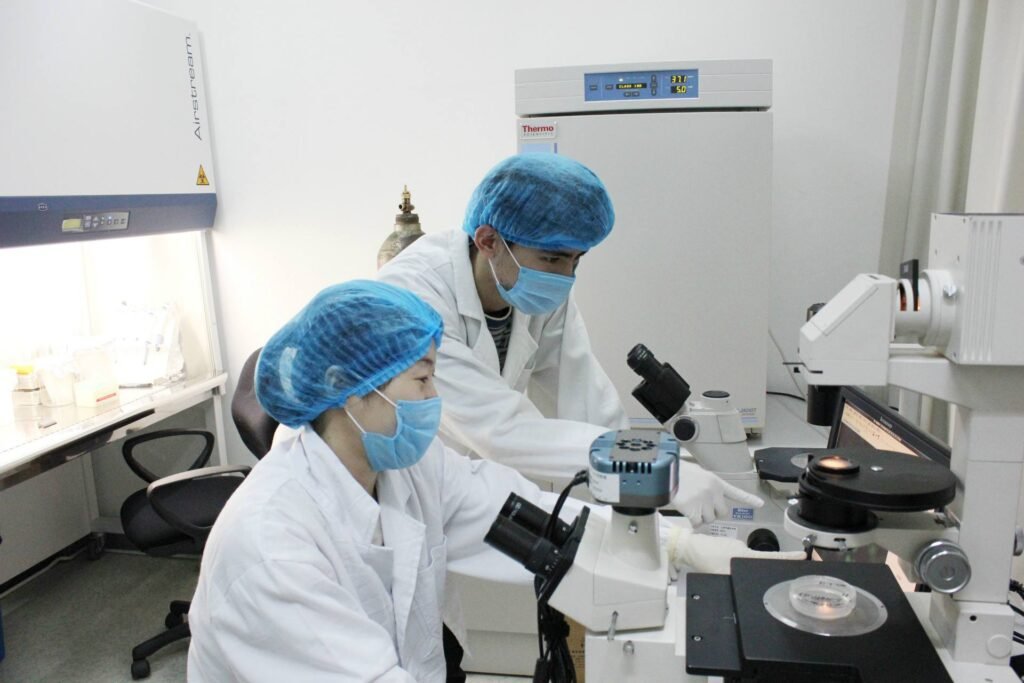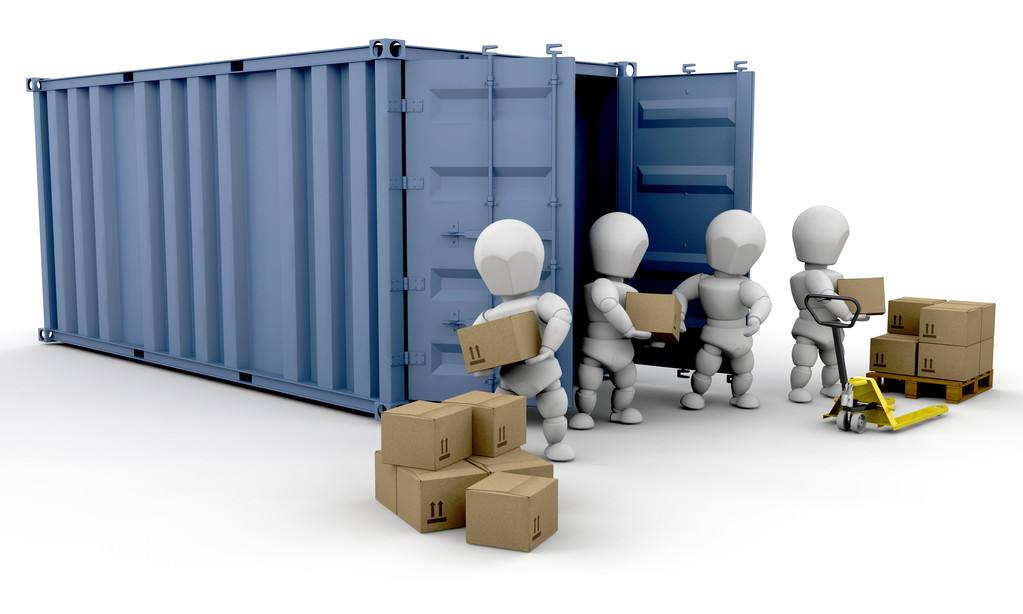Here we finally get to the most important part: How to let the supplier proceed production as you expected. Some Chinese suppliers would agree on everything that you requested before receiving your order and deposit, but when the production starts, things might turn to be out of the control.
You’ve lost the leverage after the deposit payment. So this part is mainly aiming to tell you how to guarantee the product quality and production schedule.
Production Step-By-Step Guide
| Steps | How |
| 1. Purchase order contract | Indulge in the Contract. You need to draft an order contract when you’ve decided your supplier. A good contract can help you get rid of many potential troubles. |
| 2.Initial production inspection | Check Raw Materials. Source control is needed. Check the raw materials and the parts’ quality. It can, to a great extent, avoid several quality problems including quality inferiority, and what’s more, help you prevent the happening of re-processing. |
| 3.Inline inspection | Production Quality Checking. To check the quality during mass production is to secure your order is on the right schedule. Meanwhile, you need to check whether the mass production sample quality is complying with the PP sample. |
| 4.Pre-shipment inspection | Pre-shipment Inspection. It’s the last quality checking to the mass cargoes before the shipment. This time, you mainly aim to check the package, label, and product quality as well. |
1.Purchase order contract

There is no perfect contract. What we could do is to try our best to draft a satisfied contract. A good contract could easily solve any possibly rising problem. Here are some recommended common terms.
| Section | Terms | Description |
| Header | TO/Vender: | ABC Company ltd 123 Hexie Road Yiwu, Zhejiang, CN 310000 |
| Ship To: | ABC Company, Inc 123 Great Street Drive Wonderland, US 45678 TEL/FAZ: +1 407 *** | |
| Date. S/N No. | 25th, Oct. 2016, S/N:20160501A | |
| General | Product Spec | a. Product name b. Photo c. Dimensions d. Material & Color e. Packing & Labeling |
| Lead time | The production time from the deposit payment. | |
| Environmental Requirements | They may comply the environmental requirements of your country. | |
| Copyright, Patents and Royalties | Supplier may not distribute or commercially sell the product and its designing to any third party. | |
| Condition of Goods | Quality control | a. Products should be in accordance with the prescribed product spec. Should the final product fail to meet the quality standard, we have right to reject the goods, and all expenses occurred should be on the supplier’s end. b. We have right to entrust a third-party institute to prosecute the cargo inspection during the production. c. We have right to delay balance payment until we receive a real and effective quality inspection report. |
| Defects | Defect rate varies upon products categories. It is usually around 1%. Some products’ inferior percentage, such as cheap accessories, might be around 5%. | |
| Compliance Testing | You should make it clear that you need a qualified product or just the certificate itself. For one situation, there is a real certificate for you but the product itself doesn’t need to pass the test. | |
| Invoices and Payment | Invoices | All invoices shall clearly specify the PO’s amount and all expenses on buyer’s side. |
| Payment terms | To negotiate the payment term. | |
| Deposit | Deposit: 30% TT (If any) | |
| Balance | Before the shipment or against the B/L copy | |
| Delivery | Transportation terms | Sea shipment, Air shipment, Railway shipment |
| Export terms | EXW, FOB, CIF, DAP | |
| Package | a. Outer carton b. Shipping mark c. Pallet or Textile bag | |
| Documents | a. Bill of Lading b. Commercial Invoice c. Packing List d. Country of Origin/Form A e. Fumigation certificate f. Other documents | |
| Insurance | Clarify whether you need insurance, part shipment, and/or product liability or not. | |
| Late Delivery Clause | Deduct the penalty from the balance payment at a certain rate per day. | |
| Loss or Damage | Declare which party shall be responsible for the loss or damage during the shipping. | |
| Other terms | Attachment | Product photos, color sheet, design files etc. |
| Termination | If the supplier fails to fulfill their obligations under the Contract, shall clarify how to terminate the contract. | |
| Disputes | In case of any disputes, both parties consent that any and all proceedings shall occur in the People’s Republic of China. | |
| Validity | Term of validity | |
| Signature | The signature of representative of supplier | |
| Stamp | Use the red round stamp |
2.Initial production inspection

For the Initial production checking, if you can’t make it in person, you can entrust a third-party to prosecute the checking on behalf, but it depends on how well you know about the supplier.
Sometimes even if you can’t do the checking on your own, there is also something you could request your supplier to provide. Some large buyers would carry out followings steps in order to control their supply chain better.
a. Request the supplier to provide the copy of raw material purchase list before the production, and ask for photos of the warehouse for storing raw material.
b. Ask the supplier for the production schedule. Know about the production process and cycle in order to track the lead time.
c. Let them send you production workshop photos. If so, you have an opportunity to understand their management and professional level.
d. Make sure the pre-production preparation is underway as prescribed in the schedule.
3.Inline inspection


Inline production inspection usually happens at the point when the production is fulfilled 20% of the schedule. In the same way, if you can’t make it, you can select a third party to do the job.
Commonly, the inspection is performed upon the ANSI/ASQC Z1.4 (ISO 2589-1) standard. It’s a good way to check whether the production is prosecuted as planned or not.
- To check if the cargoes are produced as the order regulated, including product spec, quantity, and package.
- To check the efficiency of ongoing production progress, and to see whether they could fulfill your order in time, base on current production line, and daily fulfillment volume.
- To request for a mass production sample, and compare it with the pre-production sample.
- To check the product inferior rate, and make sure to avoid inferior quality products in the mass cargoes.
4. Pre-shipment inspection

Pre-shipment inspection is really an important and indispensable part of the whole process, because at this time problems detected at the original end could be easily handled by your supplier and also it’s thought to be more time-and-cost-saving than that when you found the issue on the discharge port.
| Quality criteria | Check lists |
| Quantity | a. Pieces per box or carton b. Total boxes or cartons c. Total quantity |
| Dimensions | a. Height b. Width c. Length d. Diameter e. Thickness etc. |
| Weight & Volume | a. Net weight b. Gross weight c. Size of the box or carton |
| Color | Attach the photo of actual finding |
| Product Appearance | Compare to the PP sample |
| Product Function & Performance | a. Usage test b. Water resistance c. Dust resistance d. Mechanical testing etc. |
| Labels & Mark | Labels and shipping mark |
| Package | a. sale box b. design artwork c. protects foams (if any) d. language etc. |
| Sample Collection | Recommend collect sample for each item |
| Test & Special Requirements | N/A |
| Outer Package | a. Outer cartons b. Inner boxes c. Protection d. Pallets or textile bags |
The best practice that we suggested is to send a third-party inspector to the factory, and report back with a professional inspection sheet. Generally, all productions parts should be checked against the ISO2008:2859 or ANSI/ASQZ1.4. Here, we wanna point out that the inspection doesn’t mean to check products one by one, instead, to check the average quality by picking samples at random.
Tips
1. A contract is a crucial tool to ensure your order is being executed correctly. In order to eliminate language misunderstanding, we strongly suggest you sign contract with suppliers both in English and Chinese versions. And what we have listed above are for your reference only, which doesn’t include all related contract terms.
2. There is one critically important thing you need to take into consideration while signing the contract, that’s making your supplier to stamp with red round official seal. A red seal is issued by the government and legible under the Chinese laws, whereas blue seal is not approved by Chinese laws.
3. If there is your supplier’s signature and fingerprint, that’s better. Fingerprint has a strong law effect in China, and Chinese people are used to doing in that way too. Of course, to some extent, you could take it as a leverage to gauge their sincerity about accepting your order.
4. When it comes to the Initial Production Inspection and Inline Inspection, we advice you send a third-party company to the factory. They could report back with an objective result. If no third-party inspector is available, you’d better ask the factory themselves to send you the inspection report. In that way, at least you could ensure your order is being progressing as planned, and avoid some potential quality issues.
5. The very basic step before shipment is to inspect the cargo quality. If the other is a new supplier, your best way is to send a third-party inspector to the factory, and let him report back with an average cargo quality status. You can make a confirmation or re-working decision upon the report you received. Don’t wire your payment bluntly, because in that situation there is virtually no chance for the Chinese supplier to take any responsibility after delivery, unless the other party is a pretty responsible and with a good contract.
Hope you find this article helpful for your importing business.Let us know if we have further to improve! Please leave your sweet suggestions on comments. Thanks for helping us to get better!

